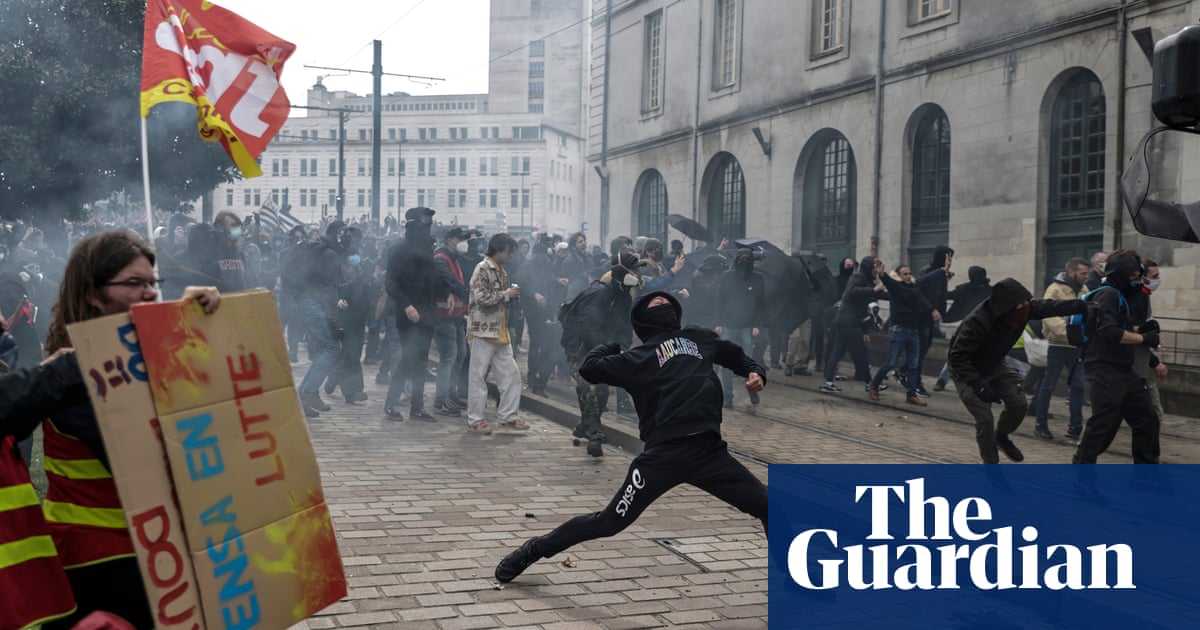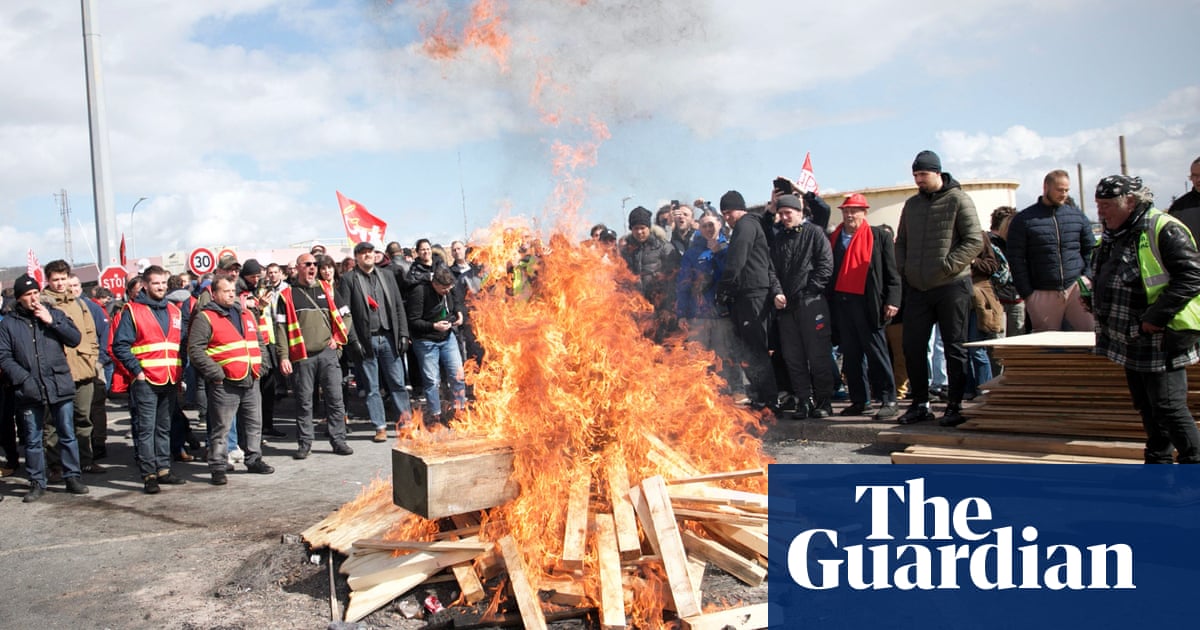
Recently during a television debate, when asked about the Northern Ireland protocol and its impact on trade from Britain, I used the phrase “Where you get your sausages from does not define your identity”.
While out of context it may seem glib, in reality it goes right to the heart of the some of the issues from the protocol. On the surface, a dispute between the UK government and the EU over the import of chilled meats has been amplified and turned by some into false claims that national sovereignty and the constitutional future of this region are at risk. On that same TV show, the DUP’s Gavin Robinson spoke about the protocol and appeared to be like the rest of his party – in complete denial about how we got here and where we go from here.
The protocol is far from perfect – I voted against it in the European parliament, while my colleague Stephen Farry did likewise at Westminster when better arrangements were still at least notionally available. But the protocol is the product of Brexit, and in particular the choices made by the government and many unionist politicians, who pushed for a hard Brexit. In the absence of any plausible alternative, it is the means to address the challenges posed by Brexit to a shared and interdependent Northern Ireland. Those opposed to the protocol continue to engage in fantasy politics, calling for its removal but not providing any workable solutions for what would replace it.
Alliance, the party I lead, warned from the beginning of the referendum campaign that Brexit was always going to entail new barriers and frictions. Coming out of the EU meant there would be a trade barrier, it was just a matter of where. The border between Northern Ireland and the Republic is crossable in hundreds of locations – in lanes, in fields and in streets. Therefore, the most likely place for any trade barrier was always going to be our ports and airports, as it is far easier for the authorities to manage.
Despite not causing this situation, the adults in the room must think about how we deal with it in practical terms. The recent high court ruling in the case seeking a judicial review of the protocol brought by some of those same opponents confirmed it is legal and that Northern Ireland remains a part of the UK via the principle of consent, which is hardwired into the EU withdrawal agreement.
We have proposed workable solutions to ease some of the tensions being experienced, including in particular a UK-EU veterinary agreement around sanitary and phytosanitary checks, and the associated export health certificates, which would address the problems around food and pet movements from Britain to the EU.
Adoption of a Swiss-style system could see about 80% of checks across the Irish Sea removed. Furthermore, it would be of huge assistance to all UK agrifood exported to the EU. Yet, due to Brexit purity and outmoded notions of sovereignty, the UK government refuses to take this most logical step. Indeed, the government is playing a rather dangerous political game. In Northern Ireland, especially with the marching season upon us, calm and honesty from all quarters is required.
It knows there is no alternative to the protocol. It knows that to renounce the protocol would have major consequences for the trade and cooperation agreement and for wider international partnerships, especially with the Biden administration in the US. Yet the government continues to deny the reality of the protocol that it negotiated, signed and put through parliament.
It continues to dramatise rather to de-escalate the narrative around the protocol. Indeed, last week we saw the EU and UK jointly agree an extension to the grace period around chilled meats, including sausages, and commitments around medicines, assistance dogs, livestock movements and car insurance. Yet there was barely a word of acknowledgment from the government.
Furthermore, while we look for solutions to frictions experienced, we must also promote the opportunities the protocol provides. Northern Ireland has been given a unique opportunity to have unfettered access to the Great British and EU markets. We need to capitalise on that by minimising the downsides and exploiting the upsides.
It has suited this prime minister to engage in cliched rhetoric around a “sausage war”. Brexit and its consequences are much more serious than that. But ultimately, people in Northern Ireland who are British will be no more or less British due to the protocol, no matter where they get their sausages.
Naomi Long is leader of Alliance, MLA for Belfast East and justice minister in the Northern Ireland executive












